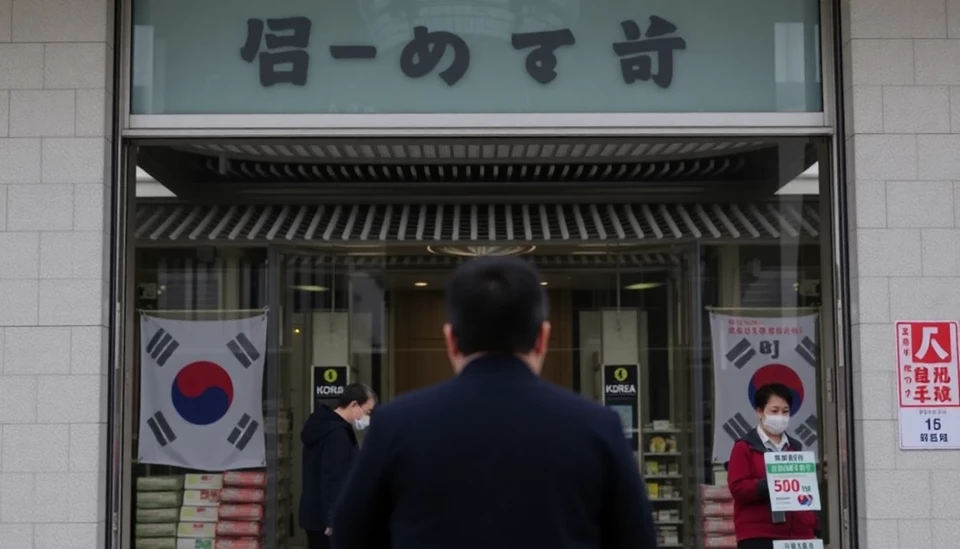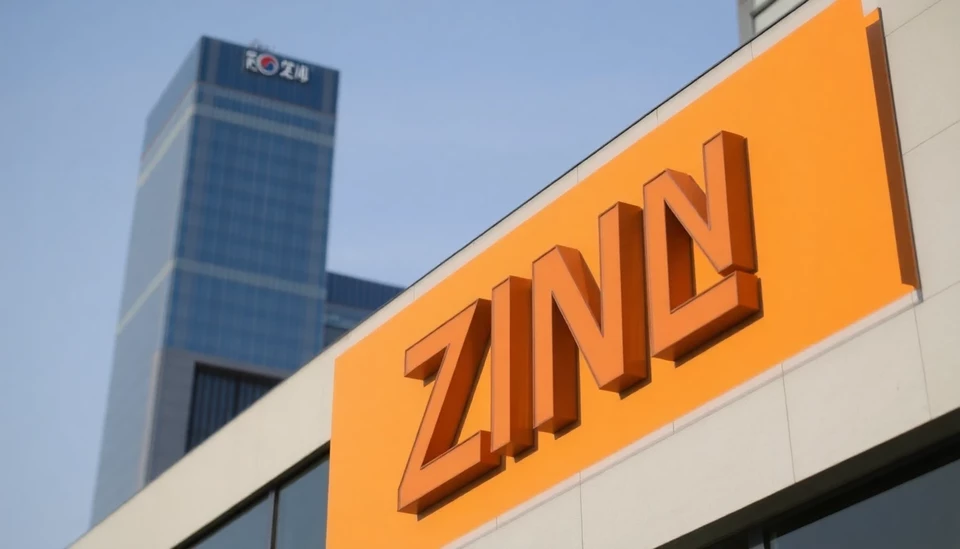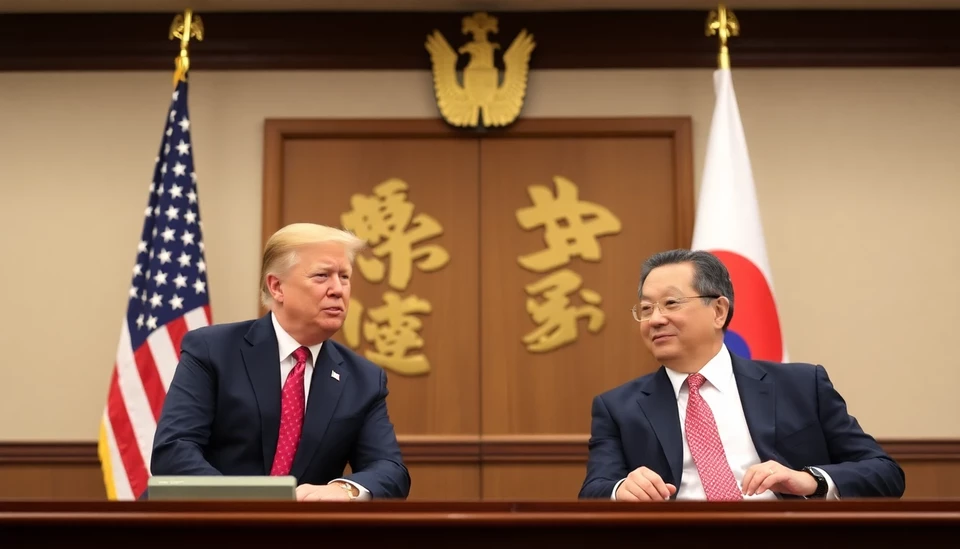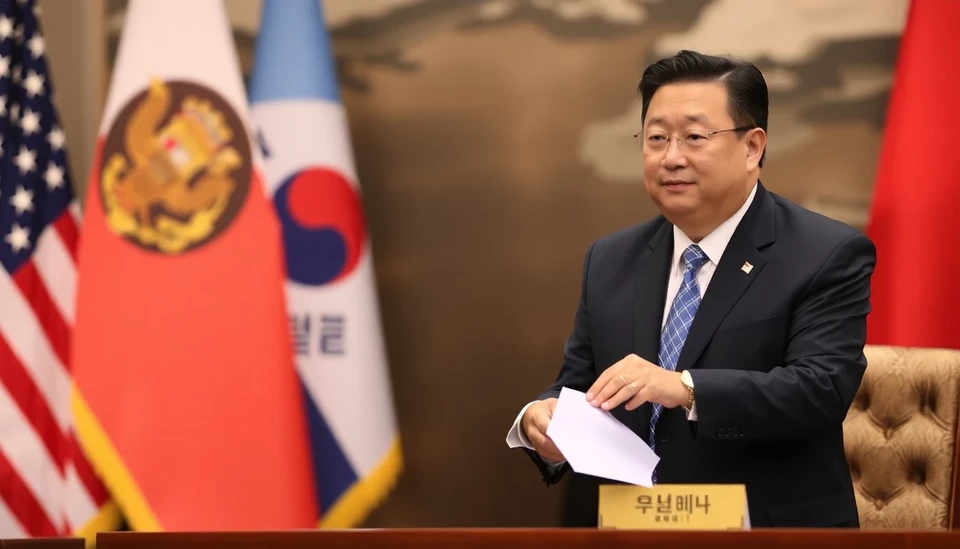
South Korea is grappling with a sudden surge in inflation that has raised alarm bells across the nation. The latest data reveals that consumer prices rose at their most rapid pace in nearly six months, sparking concerns about economic stability amid ongoing political unrest. The inflation rate climbed to 3.8% in December, compared to 3.4% the previous month, marking a significant rise that has intensified debate among policymakers and economists alike.
This spike in inflation comes as the South Korean government finds itself embroiled in political controversies, notably regarding the handling of economic policies and public welfare. Analysts suggest that the dual crises of rising living costs and political mismanagement are likely to create a perfect storm for the economy, potentially leading to long-term challenges for the nation.
The latest figures are particularly troubling for the ruling administration, which had previously hoped to stabilize prices as a means of restoring public trust. The combination of increasing global oil prices and persistent supply chain issues, exacerbated by geopolitical tensions, has played a significant role in pushing consumer prices higher. Key commodities such as food and energy have seen notable price hikes, putting additional strain on households.
In response, the government is under mounting pressure to take swift action. Experts argue that the Bank of Korea must explore tightening monetary policy further, despite the potential implications for growth. Recent legislative proposals aimed at providing relief for struggling families may also face scrutiny as political factions debate the most effective way forward.
The political landscape remains fraught, with opposition parties calling for accountability and reforms in financial management. As inflation continues to climb, public dissatisfaction is likely to grow, potentially impacting the upcoming elections and leading to increased demands for leadership change.
Amid these developments, economists will be closely monitoring inflation trends to assess whether this is a temporary spike or a more sustained issue that could have broader economic implications. The situation in South Korea serves as a cautionary tale for other nations grappling with similar challenges in a post-pandemic world.
As the country navigates these turbulent waters, citizens are urging the government to prioritize effective measures that can stabilize prices while maintaining sustainable growth. Whether South Korea can balance these competing demands remains to be seen, as the effects of rising inflation ripple through society.
Moving forward, all eyes will be on the next moves from both the government and the central bank as they tackle these pressing economic challenges while attempting to maintain political stability in a time of uncertainty.
Hashtags:
#SouthKorea #Inflation #EconomicCrisis #PoliticalUnrest #CostOfLiving #BankOfKorea #ConsumerPrices
Author: Laura Mitchell




